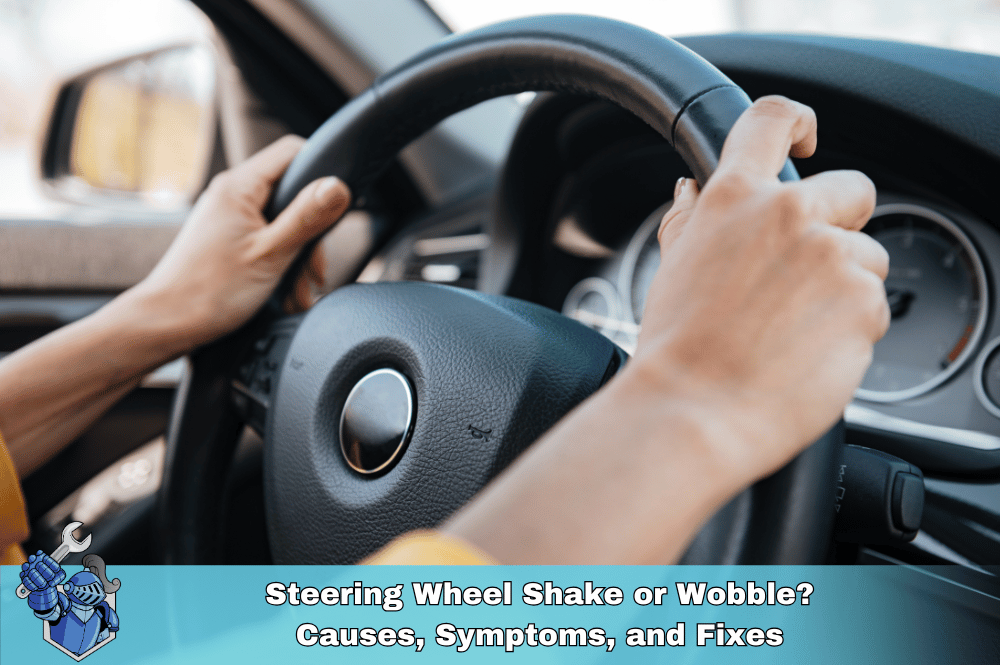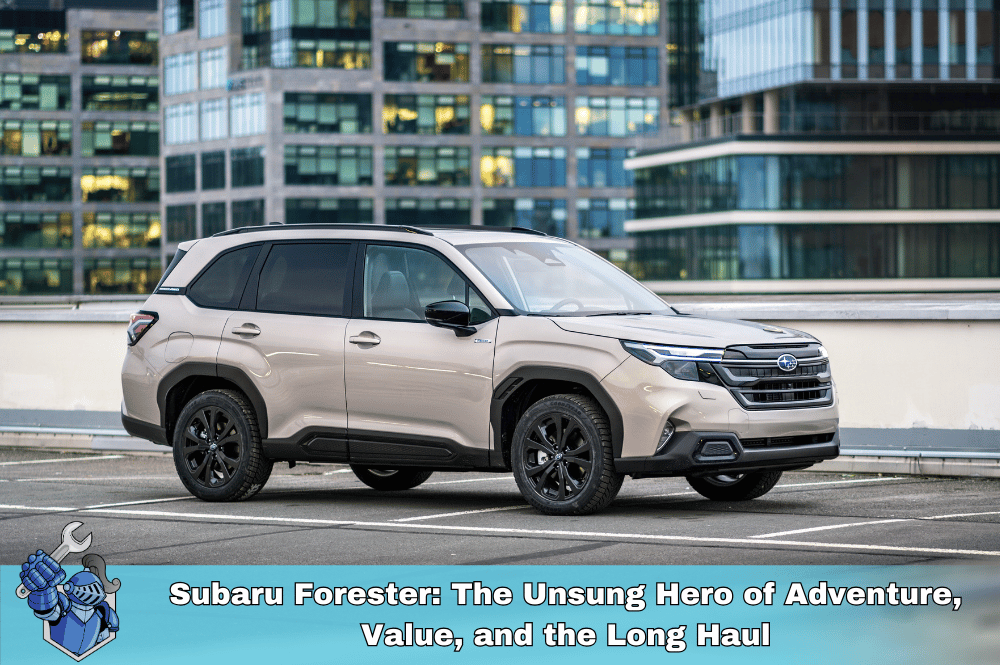In a manual transmission, the driver manually shifts gears using a clutch pedal and gear shifter. An automatic transmission does this automatically.
When it comes to choosing a vehicle, one of the most significant decisions you'll make is whether to go with a manual or automatic transmission. Both options have their pros and cons, and the choice often boils down to personal preference, driving style, and the type of vehicle you own. In this comprehensive guide, we'll explore the differences between manual and automatic transmissions, helping you make an informed decision. Plus, we'll discuss how an extended warranty can protect your vehicle, regardless of your transmission choice.
Understanding the Basics
Before diving into the comparison, let's first understand what manual and automatic transmissions are and how they work.
Manual Transmission: Also known as a "stick shift," a manual transmission requires the driver to manually change gears using a clutch pedal and gear stick. This type of transmission is often favored by driving enthusiasts for the level of control it offers.
Automatic Transmission: An automatic transmission changes gears on its own, requiring little to no input from the driver. It's designed for convenience, making it the more popular choice for everyday driving.
Performance and Driving Experience
One of the primary reasons drivers choose a manual transmission is the enhanced driving experience it offers.
Manual Transmission:
- Control: Manual transmissions give drivers more control over the vehicle's power and speed. This is particularly useful in high-performance vehicles or when driving in challenging conditions like snow or ice.
- Engagement: Many drivers find the act of shifting gears manually more engaging and enjoyable. It can make the driving experience feel more connected and responsive.
- Acceleration: Manual transmissions typically offer better acceleration because they allow for more precise control over engine power.
Automatic Transmission:
- Convenience: Automatic transmissions are easier to use, especially in stop-and-go traffic. The driver doesn’t need to worry about shifting gears or using a clutch, making it more accessible for beginners.
- Consistency: With an automatic transmission, gear changes are smooth and consistent, which can enhance comfort during long drives.
- Advanced Features: Modern automatic transmissions often come with advanced features like adaptive shift logic, which adjusts the shifting pattern based on your driving style.
Fuel Efficiency
Fuel efficiency is a critical factor for many car buyers, and your choice of transmission can impact this.
Manual Transmission:
- Potential Savings: Historically, manual transmissions were known for being more fuel-efficient because they don’t have the same energy losses as automatics. However, this gap has narrowed with advancements in automatic transmission technology.
- Driver-Dependent: The fuel efficiency of a manual transmission can vary based on how well the driver manages gear shifts. Skilled drivers can maximize efficiency, while less experienced ones may not.
Automatic Transmission:
- Technological Improvements: Modern automatic transmissions, particularly those with more gears (like 8-speed or 10-speed automatics), can be just as fuel-efficient, if not more so, than manuals.
- Efficiency Features: Features like automatic start-stop systems and eco modes are more commonly found in vehicles with automatic transmissions, further improving fuel efficiency.
Maintenance and Longevity
The longevity and maintenance of your vehicle are crucial considerations when choosing between a manual and an automatic transmission.
Manual Transmission:
- Simpler Design: Manual transmissions have fewer moving parts compared to automatics, which can lead to lower maintenance costs over the life of the vehicle.
- Clutch Replacement: The most common repair for manual transmissions is clutch replacement, which can be costly if done frequently. However, clutches generally last tens of thousands of miles with proper driving techniques.
- Driver Impact: The lifespan of a manual transmission is highly dependent on the driver. Poor driving habits, like riding the clutch, can lead to premature wear.
Automatic Transmission:
- Complex Systems: Automatic transmissions are more complex, which can mean higher repair costs if something goes wrong. Regular maintenance, such as fluid changes, is crucial to keeping an automatic transmission in good shape.
- Durability: While automatic transmissions have historically been less durable, modern automatics are built to last longer, often outliving the engine if properly maintained.
- Software Issues: As automatic transmissions rely on electronic control units (ECUs), software issues can arise, which may require specialized diagnostics and repairs.
Cost Considerations
The initial cost of the vehicle and long-term ownership costs are important factors when deciding between manual and automatic transmissions.
Manual Transmission:
- Lower Purchase Price: Vehicles with manual transmissions are often cheaper to purchase compared to their automatic counterparts. This price difference can be a deciding factor for budget-conscious buyers.
- Resale Value: Manual transmissions may have a lower resale value, as fewer buyers are interested in them. However, for certain performance or enthusiast vehicles, manuals can command a premium.
Automatic Transmission:
- Higher Purchase Price: Automatic transmissions generally add to the cost of a vehicle, but they also make the vehicle more accessible to a wider range of drivers.
- Resale Value: Automatics tend to have better resale value due to their popularity. Most used car buyers prefer the ease and convenience of an automatic.
Choosing the Right Transmission for Your Needs
When it comes to choosing between a manual and automatic transmission, consider the following factors:
- Driving Environment: If you frequently drive in heavy traffic or urban areas, an automatic transmission may be more convenient. For open roads or performance driving, a manual could be more rewarding.
- Experience Level: New drivers or those who prefer a more relaxed driving experience may find an automatic transmission easier to handle. Enthusiasts who enjoy a more hands-on driving experience will likely prefer a manual.
- Vehicle Type: The type of vehicle you’re considering also plays a role. Sports cars and certain off-road vehicles are more commonly equipped with manual transmissions, while luxury sedans and family SUVs are typically automatic.
- Resale Value: Consider how long you plan to keep the vehicle. If resale value is a priority, an automatic transmission may offer a better return on investment.
Protecting Your Investment with an Extended Warranty
Whether you choose a manual or automatic transmission, protecting your vehicle with an extended warranty is essential. NobleQuote offers comprehensive extended warranty coverage that can save you from costly repairs down the road.
Why Choose NobleQuote?
- Coverage Options: From basic powertrain coverage to comprehensive plans that rival factory warranties, NobleQuote has an extended warranty plan to fit your needs.
- 24/7 Roadside Assistance: No matter where you are, our 24/7 roadside assistance ensures you’re never stranded due to transmission issues.
- Flexible Plans: We offer flexible payment options and coverage terms, so you can find a plan that works with your budget.
Don’t wait until a major repair catches you off guard. Get a warranty quote today from NobleQuote and enjoy peace of mind knowing your vehicle is protected.
Conclusion
Choosing between a manual and automatic transmission comes down to personal preference, driving habits, and the type of vehicle you drive. Both have their advantages, and with the right extended warranty from NobleQuote, you can ensure your investment is protected no matter what transmission you choose. Get your extended warranty quote today and drive with confidence.
Manual Transmission vs. Automatic Transmission: Which is Right for You?
What's the main difference between a manual and an automatic transmission?
Which is easier to learn to drive: manual or automatic?
Automatic transmissions are generally considered easier to learn because they don't require clutch and gear coordination.
Which is more fuel-efficient: manual or automatic?
Traditionally, manual transmissions were more fuel-efficient. However, modern automatic transmissions with multiple gears can be just as efficient, if not more so.
Which transmission offers better control over the vehicle?
Manual transmissions generally offer more control, allowing drivers to select the optimal gear for specific situations like hills or towing.
Which transmission is more reliable?
Both types can be reliable, but modern automatic transmissions tend to have fewer moving parts and may require less maintenance.
Is it more expensive to maintain a manual or automatic transmission?
Manual transmissions typically have lower maintenance costs, but clutch replacements can be expensive. Automatic transmissions may require more specialized repairs, which can be costly.
Which transmission is better for city driving vs. highway driving?
Automatic transmissions are generally more convenient for stop-and-go city driving, while manual transmissions can offer a more engaging experience on the highway.
Can I convert my car from automatic to manual or vice versa?
It's possible, but it's a complex and expensive process that requires significant modifications to the vehicle.
Are there any safety considerations when choosing between manual and automatic?
Both transmissions are safe when operated correctly. However, new drivers may find it easier to focus on the road with an automatic transmission.
Which transmission should I choose if I'm a new driver?
An automatic transmission is typically recommended for new drivers as it's easier to learn and allows for more focus on the road.
Suggestions for you
Read MoreLet’s work together
Every week we showcase three charitable organizations that our donations are sent to. Our clients are able to choose which of these three will receive their gift when they add coverage to their vehicle...

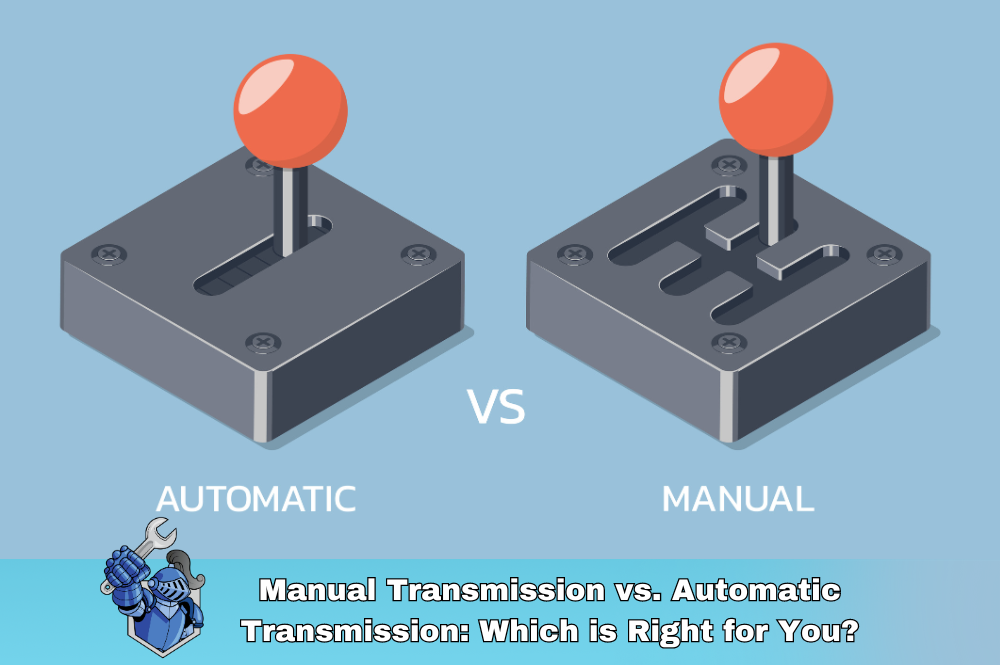
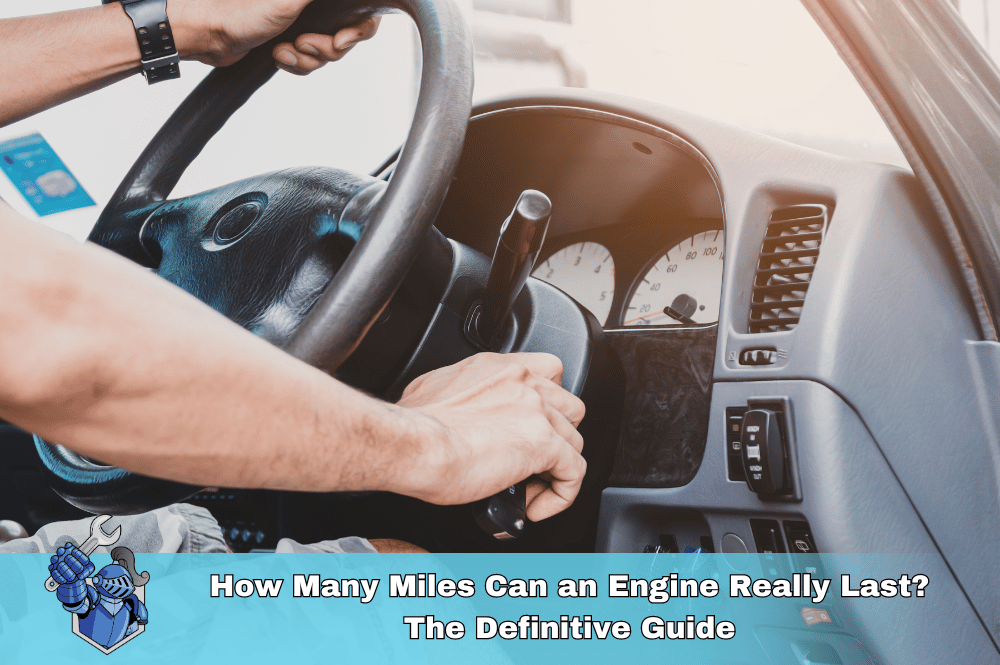 How Many Miles Can an Engine Really Last? The Definitive Guide
How Many Miles Can an Engine Really Last? The Definitive Guide Top 5 Reasons Your Transmission May Be Failing: Expert Tips and Solutions
Top 5 Reasons Your Transmission May Be Failing: Expert Tips and Solutions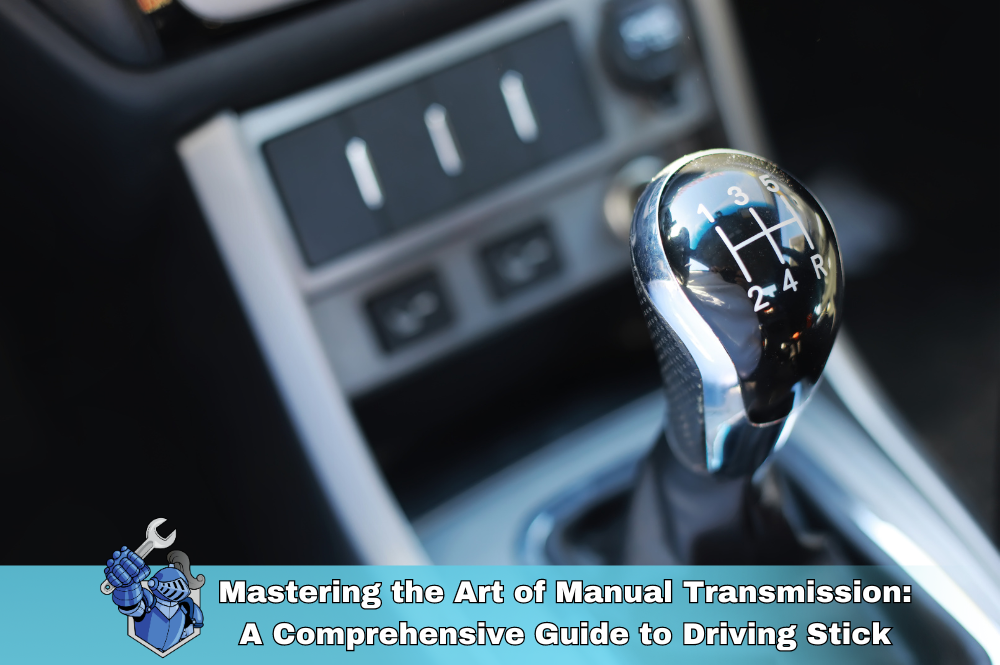 Mastering the Art of Manual Transmission: A Comprehensive Guide to Driving Stick
Mastering the Art of Manual Transmission: A Comprehensive Guide to Driving Stick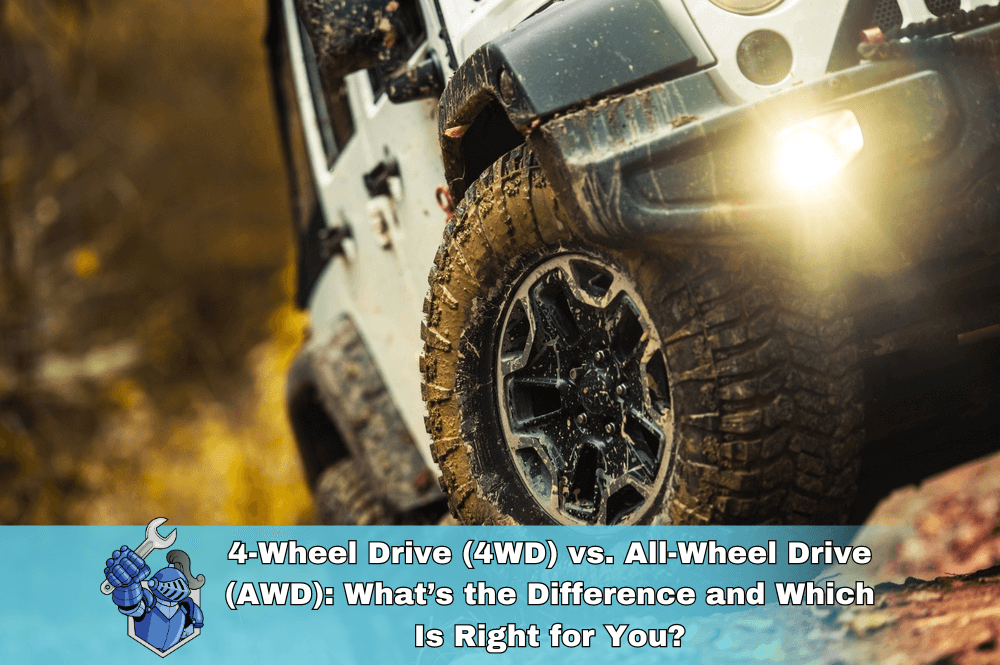 4-Wheel Drive 4WD vs All-Wheel Drive AWD: What’s the Difference and Which Is Right for You?
4-Wheel Drive 4WD vs All-Wheel Drive AWD: What’s the Difference and Which Is Right for You?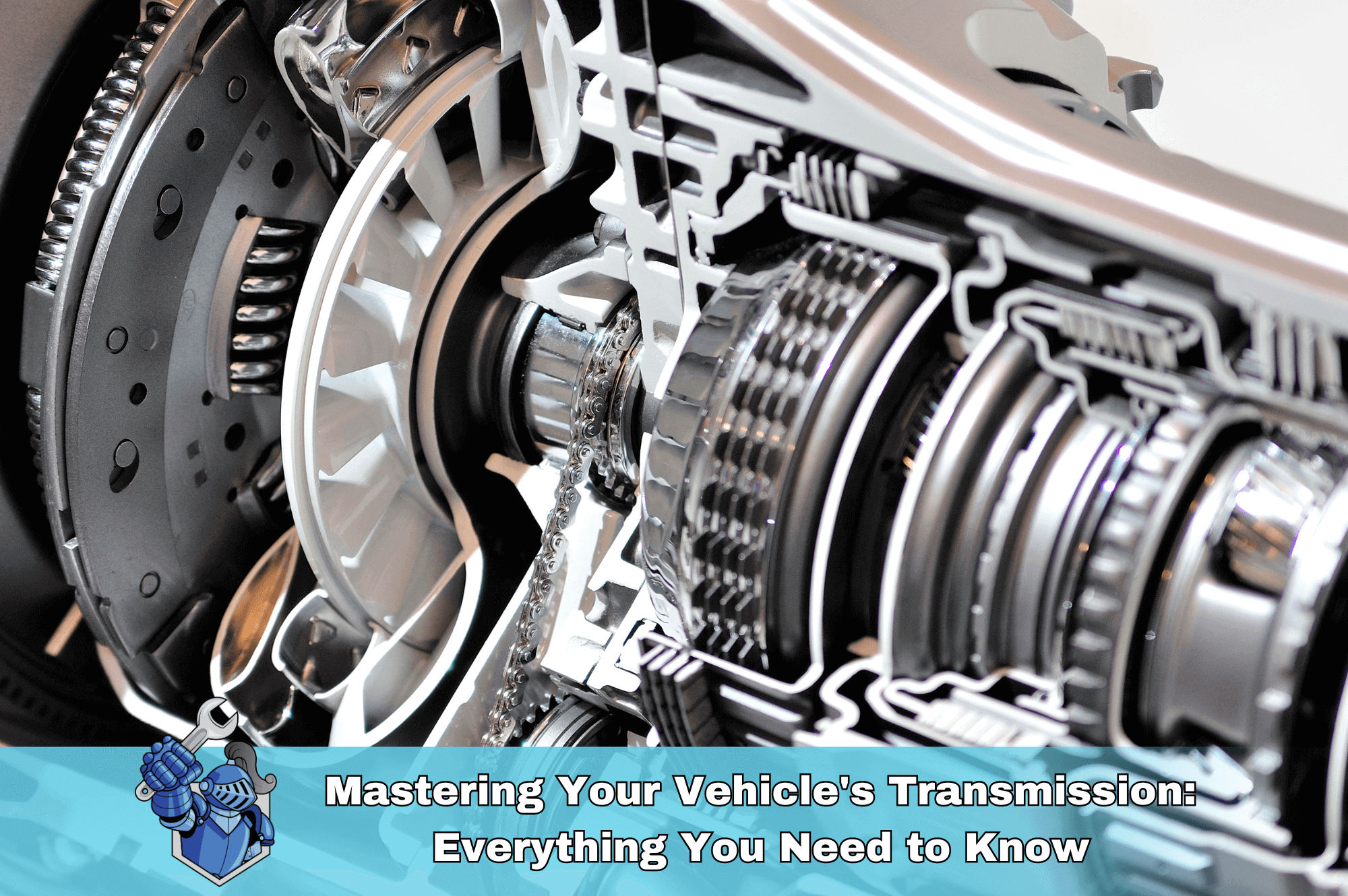 Mastering Your Vehicle's Transmission: Everything You Need to Know
Mastering Your Vehicle's Transmission: Everything You Need to Know